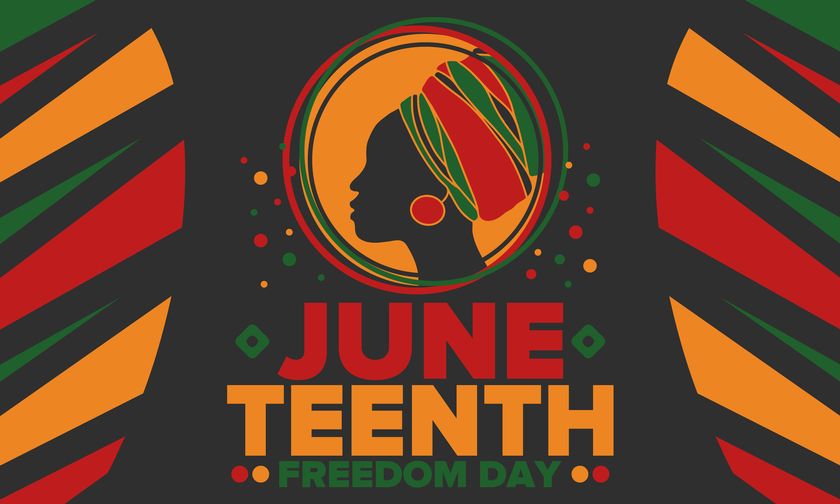- Categories :
- More
Juneteenth: Honoring Freedom, Celebrating Resilience

Every June 19th, communities across the United States come together to celebrate Juneteenth, a day that marks the end of slavery in America. Also known as Freedom Day, Emancipation Day, and Black Independence Day, Juneteenth commemorates the moment in 1865 when enslaved people in Galveston, Texas, finally learned they were free—more than two years after President Abraham Lincoln signed the Emancipation Proclamation.
The History Behind Juneteenth
On January 1, 1863, the Emancipation Proclamation declared that all enslaved people in Confederate states were legally free. However, enforcement of the proclamation relied on Union troops to spread the word and uphold the order. In many Southern states—particularly those far from Union control—enslavement persisted.
It wasn’t until June 19, 1865, that Union General Gordon Granger arrived in Galveston, Texas, and announced General Order No. 3, informing the community that all enslaved individuals were now free. This day became known as Juneteenth, a blending of "June" and "nineteenth."
Why Juneteenth Matters
Juneteenth is more than a historical milestone—it is a powerful symbol of resilience, hope, and the ongoing struggle for racial justice and equality. It reminds us that freedom was not given easily or universally, and it highlights the importance of confronting the delayed promises of justice.
For many Black Americans, Juneteenth is a time for reflection, cultural celebration, and community gathering. It’s a moment to honor the ancestors who endured and resisted slavery, and to recognize the contributions of Black Americans to every facet of American life.
A National Holiday
Although Juneteenth has been celebrated in African American communities since the late 1800s, it wasn’t until June 17, 2021, that it became a federal holiday in the United States. This long-overdue recognition brought national attention to Juneteenth and opened the door for broader education and awareness about its significance.
How Juneteenth Is Celebrated
Juneteenth celebrations are as varied as the communities that observe them. Some common traditions include:
-
Parades and festivals featuring music, food, and dancing
-
Family gatherings and barbecues, often with traditional Southern dishes
-
Educational events such as historical lectures, museum exhibits, and panel discussions
-
Art and cultural showcases that celebrate Black creativity, history, and excellence
-
Moments of reflection or prayer services honoring those who suffered under slavery
Moving Forward
While Juneteenth marks a joyous occasion, it also serves as a call to action. It asks us to examine our shared history and strive for a more just and equitable society. Whether through civic engagement, education, or simply taking the time to learn more, everyone can play a part in honoring the legacy of Juneteenth.
Final Thoughts
Juneteenth is not just a Black holiday—it is an American holiday. It tells a story about our nation’s past, but it also points us toward a better future. As we commemorate this day, let us celebrate freedom, remember the cost at which it came, and renew our commitment to justice for all.










